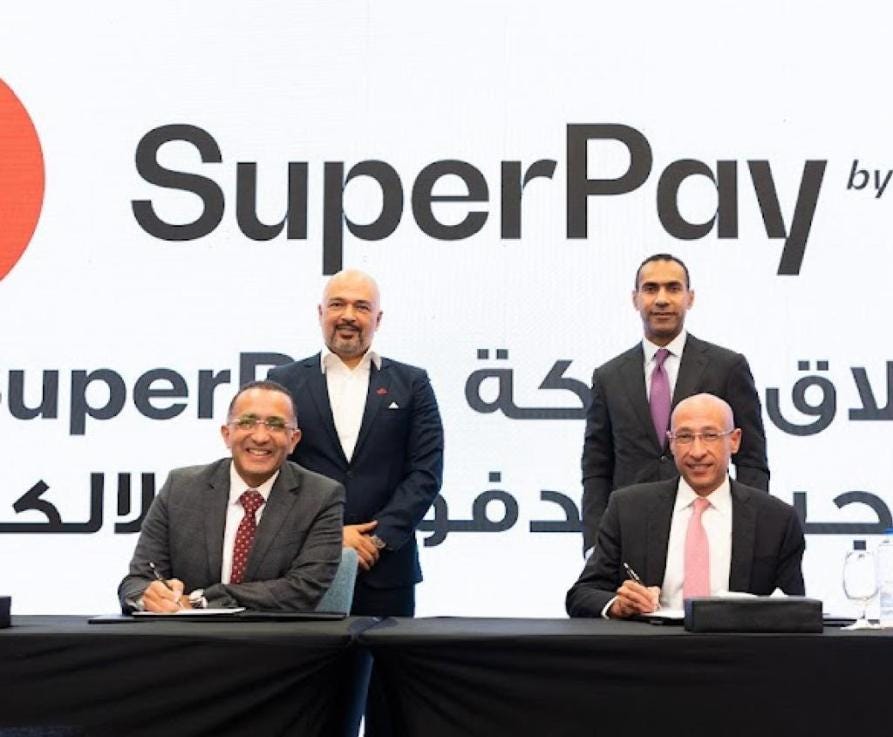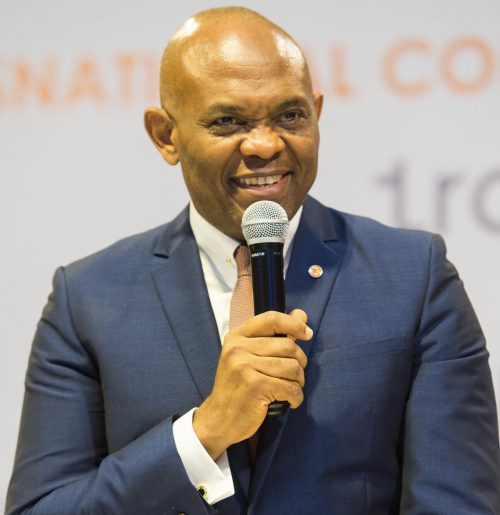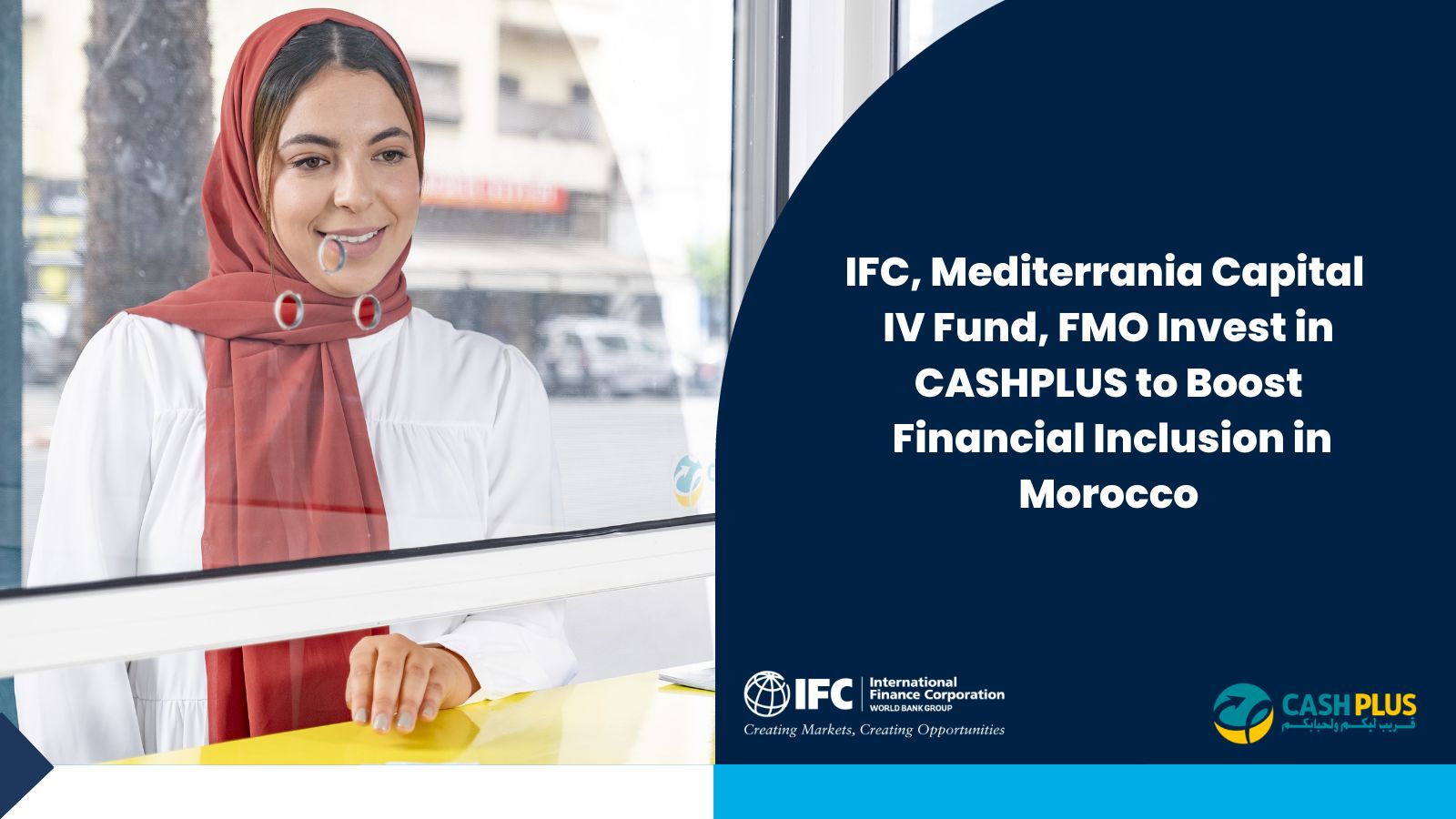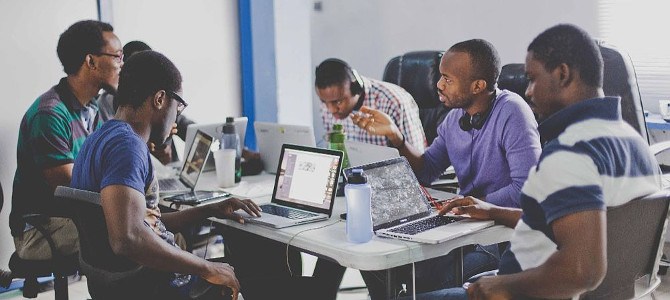Inside SuperPay: A New Egyptian FinTech Backed by Etisalat and Egypt’s Second Largest Bank
In a significant stride towards bolstering Egypt’s financial technology landscape, Banque Misr, one of the country’s largest banks and a pioneer in electronic payment solutions, has joined forces with Etisalat Misr to launch SuperPay, a cutting-edge electronic payment technology company. This strategic partnership between financial stalwart Banque Misr and telecommunications giant Etisalat signifies a critical milestone in Egypt’s financial technology journey.
The Vice President of Banque Misr, Akef Al-Maghrabi, underlined the bank’s steadfast commitment to the FinTech sector. They have diligently adhered to state directives, promoting the automation of payments and fostering a transition towards a cashless society. By mid-2023, Banque Misr had deployed over 500,000 electronic payment machines across Egypt, showcasing their unwavering dedication to technological progress.
Moreover, Al-Maghrabi shed light on the exponential growth in the number of collection contractor clients and the volume of business conducted through their electronic payment gateway. During the first half of 2023, these figures had skyrocketed by a staggering 100% compared to the same period in 2022. The bank had also forged numerous strategic partnerships with global industry giants, facilitating the automation of payment systems in diverse sectors, including transportation, aviation, real estate development, retail sales, and insurance.
read also South African Fintech Stitch Secures $25 Million Investment to Expand Payment Solutions
The collaboration between Banque Misr and Etisalat Misr not only signifies a significant leap in advancing Banque Misr’s vision of a cashless society but also heralds the birth of SuperPay. This new venture promises to offer innovative digital solutions encompassing mobile charging services, bill payments and collections, merchant services, an online payment platform, and plans to expand into agent banking, microfinance, and payroll advances in the future.
One of SuperPay’s most ambitious targets is the deployment of over 190,000 electronic payment machines in Egypt within the next five years. This audacious endeavor aims to replace traditional cash transactions with electronic payments and introduce soft Point of Sale (POS) systems and the Tap on Phone service, which will inevitably propel substantial growth in Egypt’s financial landscape.
Akef Al-Maghrabi emphasized that the presence of companies like SuperPay in the electronic payment sector not only accelerates technological development but also provides opportunities for young professionals, aligning with the national strategy to bolster economic growth.
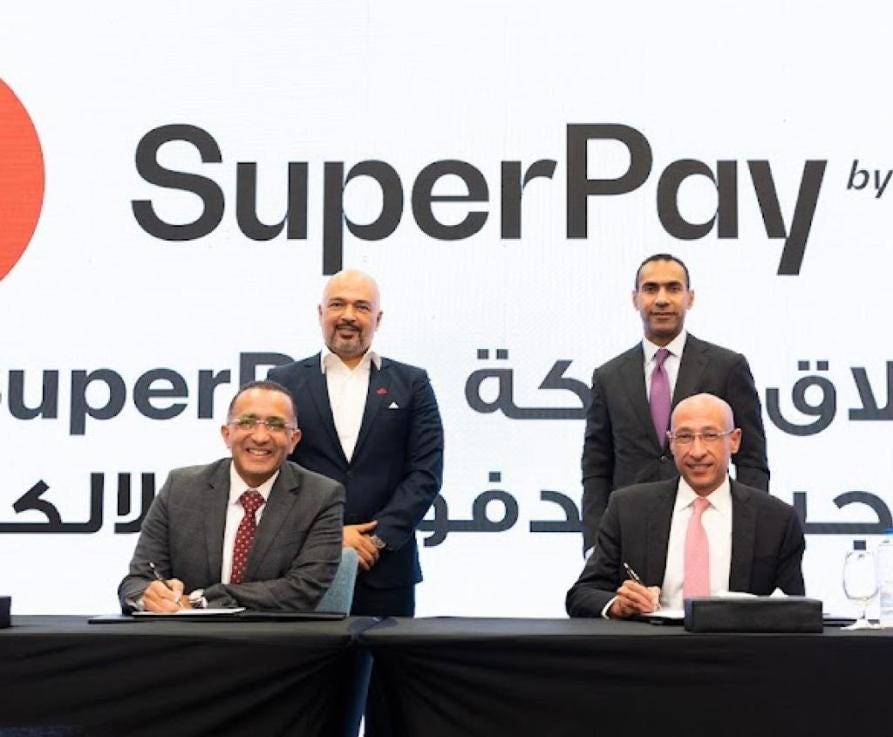
SuperPay’s introduction marks a turning point in Egypt’s financial technology landscape, supported by the unwavering commitment of Banque Misr and Etisalat Misr, two powerhouses that have set their sights on a future where digital solutions revolutionize payments in Egypt.
Banque Misr’s vision of a cashless society is fully supported by the Central Bank, which reported an impressive increase in financial inclusion in Egypt, reaching 64.8% in 2022, primarily attributed to the growth of financial technology companies. The Egyptian market has witnessed a substantial uptick in digital transactions, with 212 million transactions via mobile wallets worth 250 billion pounds and 110.6 million transactions through electronic payment points worth 108 billion pounds.
The growing number of emerging FinTech companies in Egypt is a testament to the state’s and Central Bank’s commitment to financial inclusion and non-cash payments, with their numbers surging from 32 in 2017 to 177 by the end of 2022.
The launch of SuperPay is a momentous occasion in Egypt’s financial technology journey. Its establishment will have a positive impact on the nation’s economy, solidifying Banque Misr and Etisalat’s roles as key players in driving economic development.
read also African Startups Ecentric Payment Systems and CoverAI in New Acquisition Deals
Partnerships between public and private sectors have been instrumental in the growth of Egypt’s financial technology sector, fostering innovation and economic progress. The joint endeavor of Banque Misr and Etisalat from &e signifies their dedication to advancing financial inclusion in Egypt, a core goal of the country’s overarching efforts.
SuperPay’s goal is to offer pioneering and advanced financial solutions, serving individuals, businesses, and stores under one comprehensive platform. Their services include cash payments, electronic wallet payments, and electronic payments through point-of-sale machines, alongside bill payment services. This is only the beginning for SuperPay, as the company plans to introduce an array of innovative products and services to enrich the electronic payment experience.
Engineer Hazem Metwally, CEO of Etisalat from &e in Egypt, expressed his enthusiasm for the launch of SuperPay. He highlighted Etisalat’s vision to transform into a technology company providing digital services, including the expansion of financial services for corporate and individual clients. The integration of technology, communications services, and financial services represents a groundbreaking step in the Egyptian market.
Akef Al-Maghrabi, Vice Chairman of the Board of Directors of Banque Misr, echoed this excitement, emphasizing the alignment of their strategy with Egypt’s Vision 2030. Their joint efforts aim to bolster financial services and support the digital payments sector, fostering financial inclusion and enabling more segments of society to access appropriate financial solutions.
The partnership between Etisalat from &e and Banque Misr signifies a pivotal strategic move, strengthening Egypt’s digital financial solutions sector. It combines Etisalat’s technological expertise with Banque Misr’s extensive banking experience to provide secure and advanced financial solutions that prioritize customer protection and data security.
read also Inside Egypt: The Foreign Currency Debit Card Payments Ban and How Startups are Coping
Etisalat from &e in Egypt is uniquely positioned to lead the charge in digital transformation, with the most modern network in Egypt and a legacy of delivering innovative technological solutions. Their efforts are directed towards enhancing productivity and contributing to the greater goal of financial inclusion in Egypt.
Banque Misr is the second-largest bank in Egypt with a market share of 18.2% and 17.6%, 20.1% in terms of assets, loans and deposits, respectively as at end-September 2022. BM was established in 1920, and is 100% state-owned.
SuperPay Egypt SuperPay Egypt SuperPay Egypt
Charles Rapulu Udoh

Charles Rapulu Udoh is a Lagos-based lawyer, who has several years of experience working in Africa’s burgeoning tech startup industry. He has closed multi-million dollar deals bordering on venture capital, private equity, intellectual property (trademark, patent or design, etc.), mergers and acquisitions, in countries such as in the Delaware, New York, UK, Singapore, British Virgin Islands, South Africa, Nigeria etc. He’s also a corporate governance and cross-border data privacy and tax expert.
As an award-winning writer and researcher, he is passionate about telling the African startup story, and is one of the continent’s pioneers in this regard

